Address
Heidelberg University
Im Neuenheimer Feld 205, 4/325
69120 Heidelberg
Germany
Contact
Uliana Kachnova
uliana.kachnova@uni-heidelberg.de
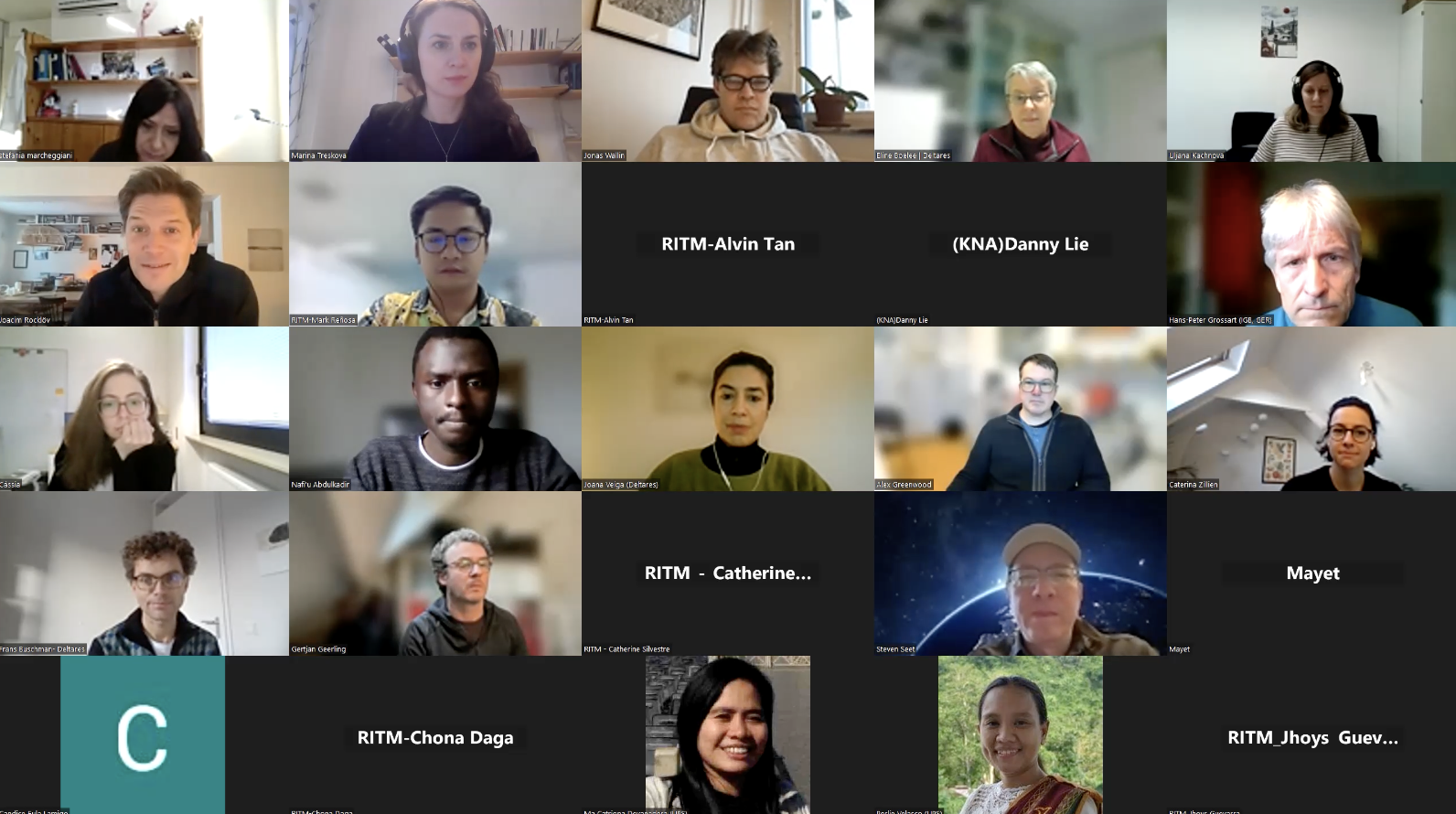

The TULIP Project, focused on addressing the spread of antimicrobial resistance (AMR) in aquatic environments influenced by climate change and plastic pollution, officially kicked off with a virtual meeting on January 24, 2024. The meeting brought together a diverse group of participants from various institutions and countries, marking the beginning of a collaborative effort to tackle pressing environmental and health challenges.
The kick-off meeting was chaired by Prof. Dr. Joacim Rocklöv from the University of Heidelberg, Germany, who emphasized the project’s significance and outlined its ambitious goals. The meeting aimed to provide an overview of the project’s implementation plan, update consortium members on administrative issues, and agree on the next steps.
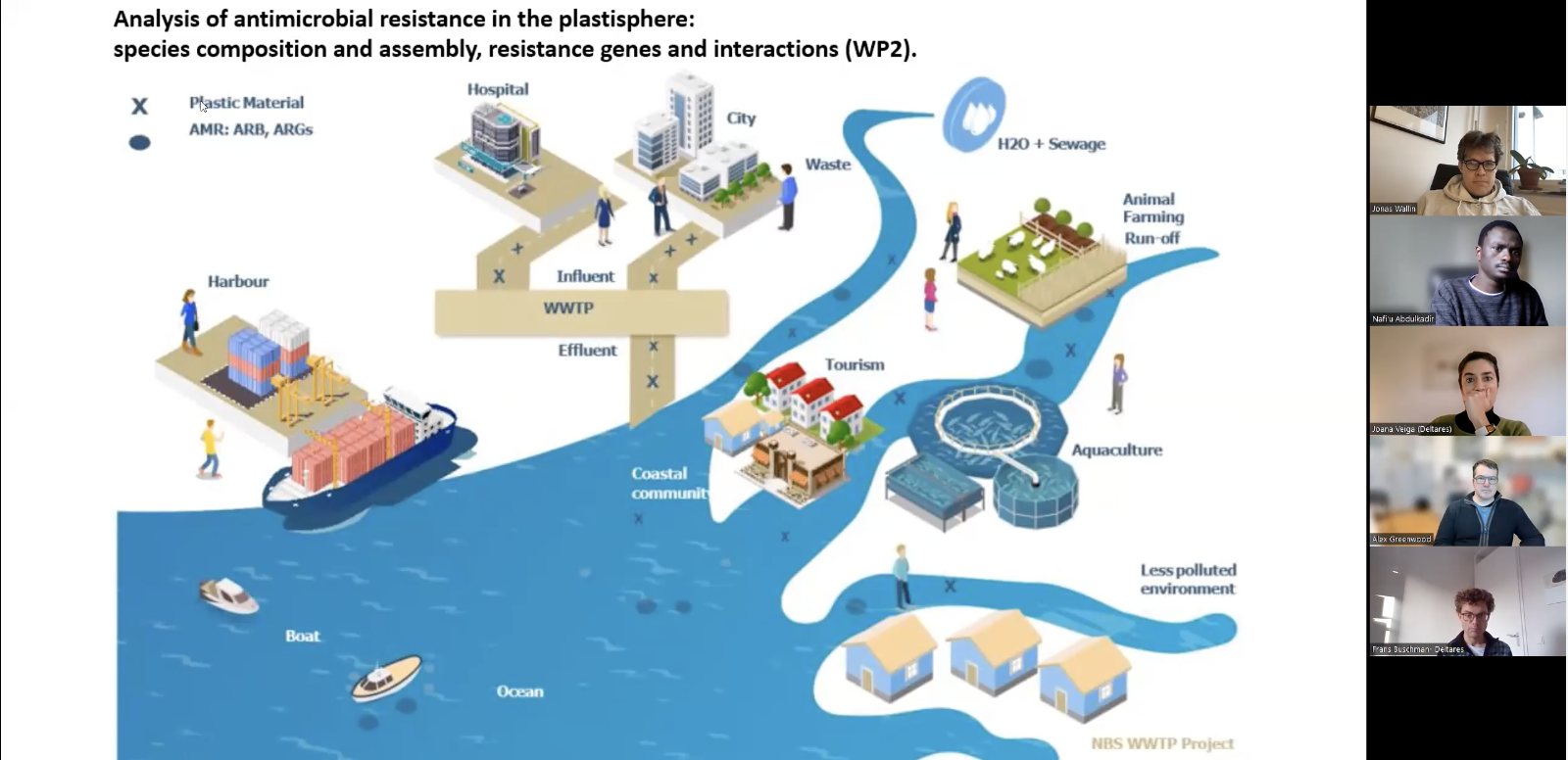
Welcome and Objectives
Prof. Rocklöv introduced the project, highlighting its goals and structure. He also welcomed participants and provided updates on administrative matters, including the Grant Agreement and consortium agreements. Prof Rocklöv and Dr Marina Treskova are leading the WP 1 Coordiation of the EU TULIP research project.
Work Package (WP) Presentations
WP2: Led by Hans Peter Grossart, the team discussed plans for empirical evidence modeling and field studies, particularly focusing on the Tiber River in Italy.
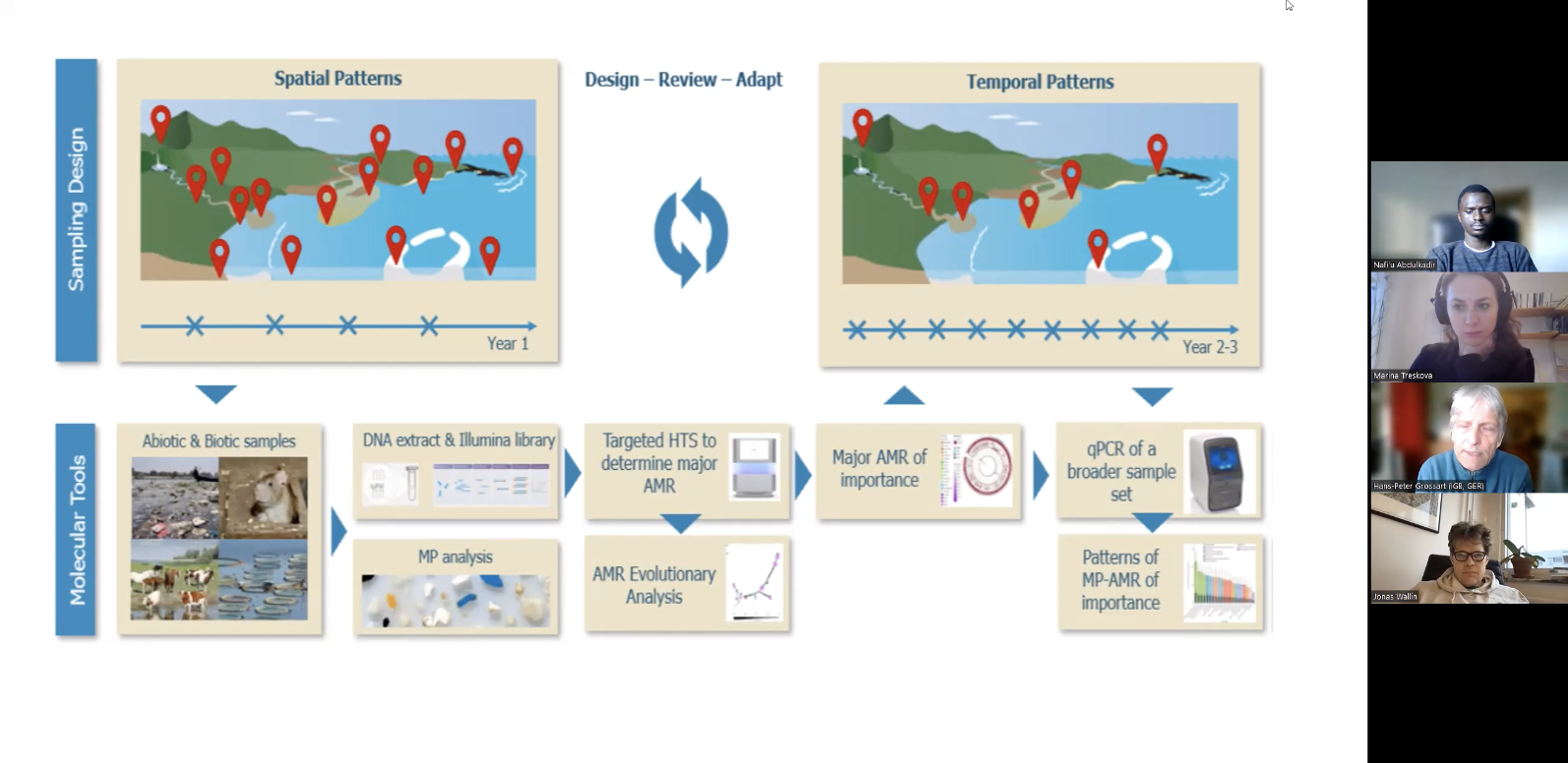
The importance of collaboration between partners was emphasized, with a planned meeting in early February.
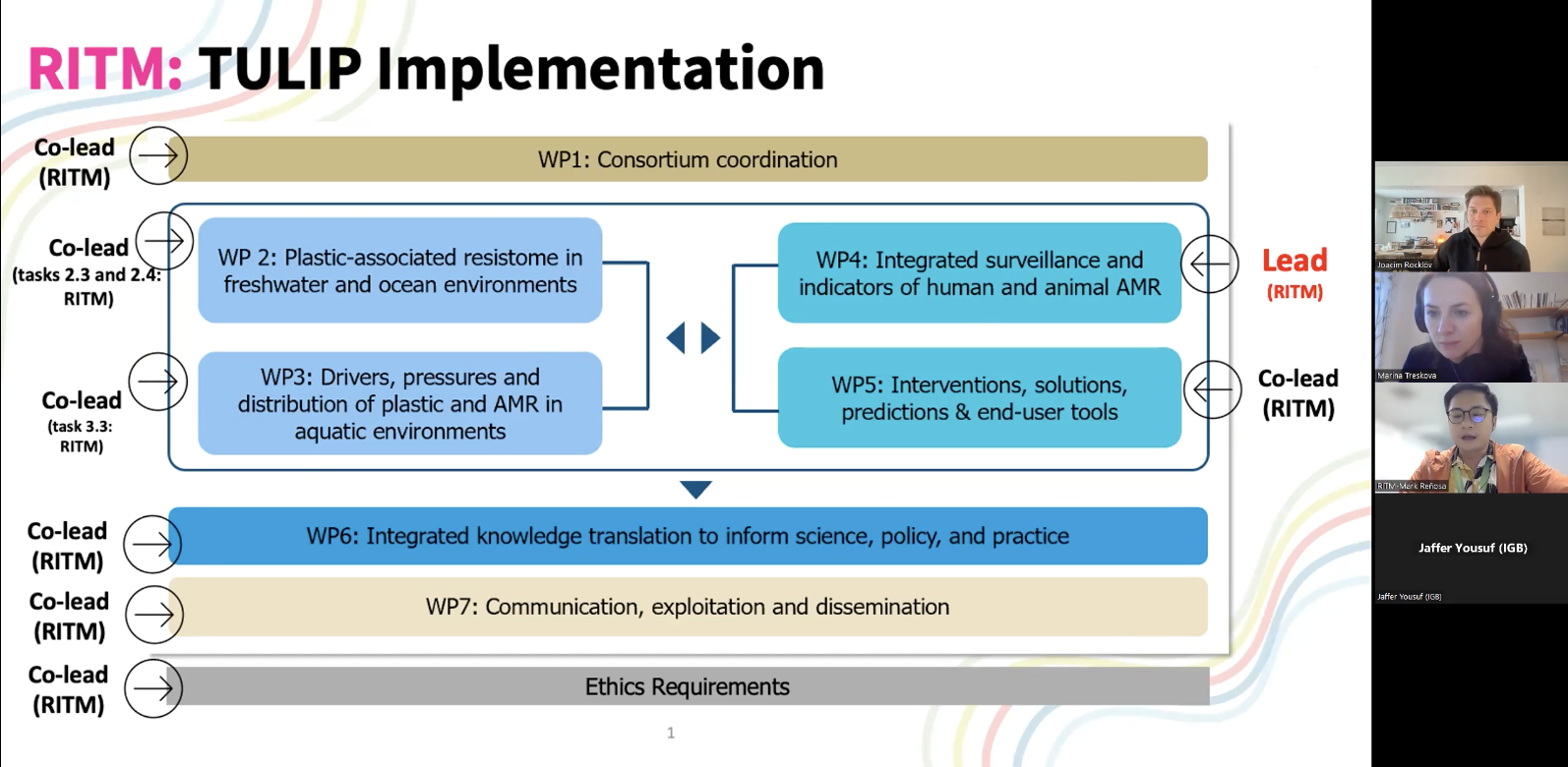
WP4: The team, including Till Barnighausen and Shannon A. McMahon, outlined the development of TULIP protocols and the importance of coordination with WP8 Ethics for data collection and management.
WP5 and WP6: Updates on recruitment processes and introductions of key team members were provided, highlighting the importance of weekly meetings and coordination between WPs.
WP7: Focused on communication strategies and deliverables, with Danny Lie (KNA) emphasizing the need for a consistent visual identity and leveraging the Plastic Treaty for dissemination.
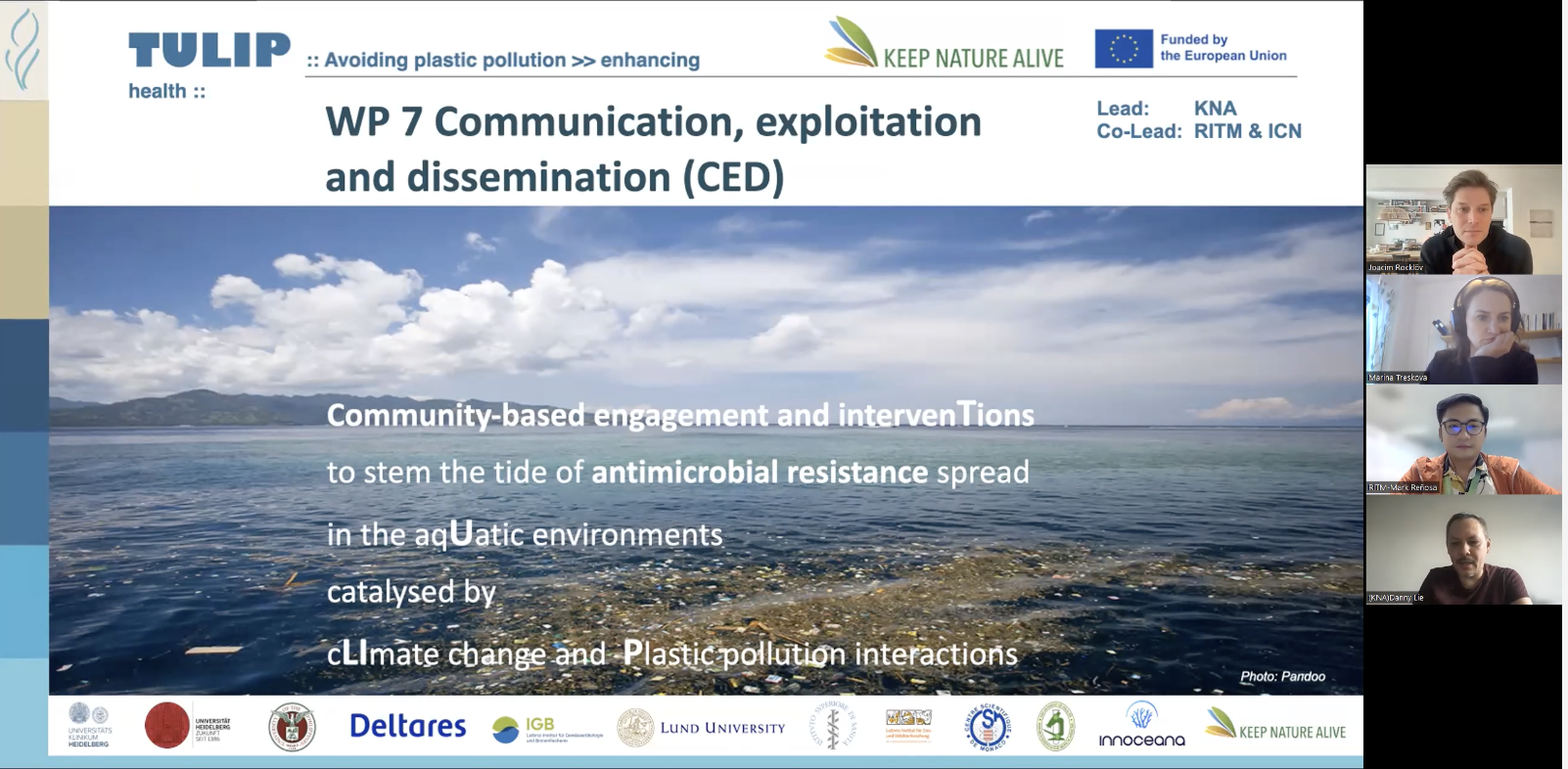
The TULIP Project kick-off meeting laid a solid foundation for the project’s success by aligning all consortium members on the project’s objectives, timelines, and roles. The meeting ensured that everyone involved is clear about the project’s scope and responsibilities, setting the stage for effective collaboration and execution.